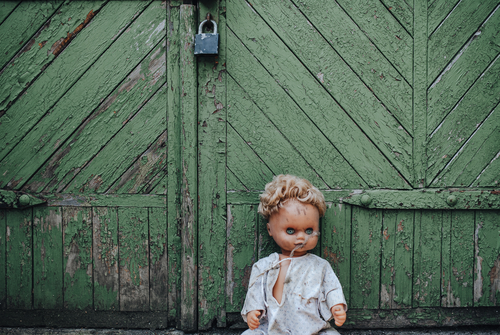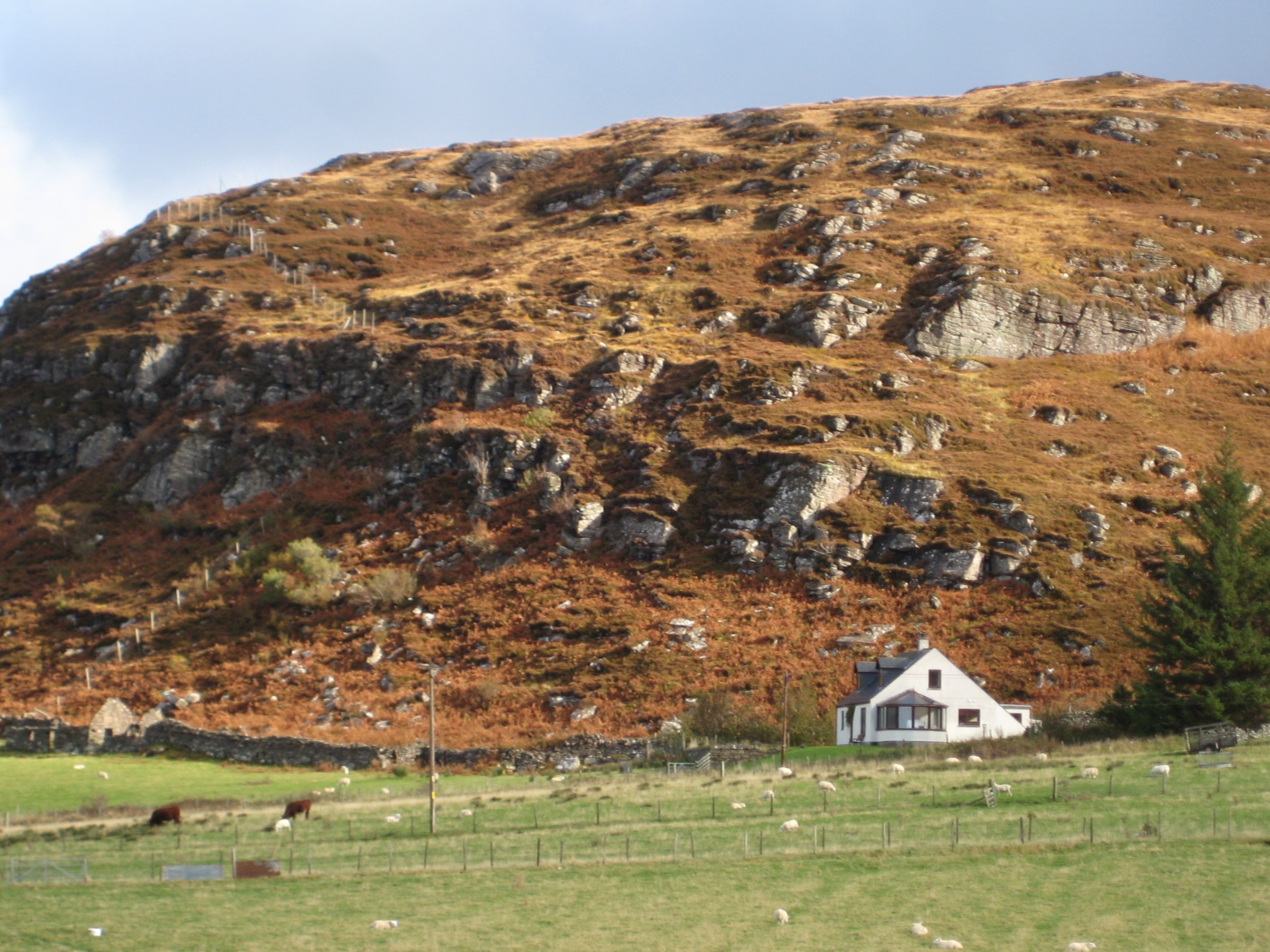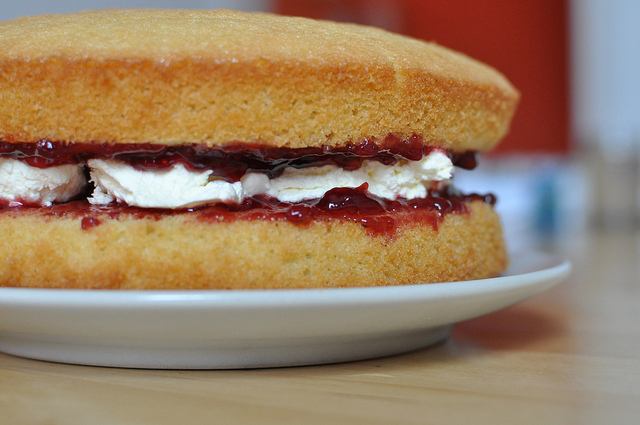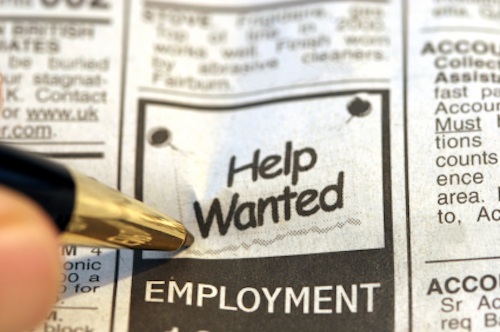Humanity has long been a violent and cruel species, treacherous to its own kind and to the environment at large. And while many people have become more civilized, more socialized, more caring, there continue to be outliers to this progress, people who only feel strong when they’re harming the vulnerable, those who seek power so that they can destroy their enemies, folks who’d rather rule the world than save it.
Just look at history. We’ve all seen what happens when these outliers find enough followers to raise armies, launch crusades, command holocausts. Even when it takes a global effort to put a stop to such evil, the hatred never really goes away. It just heads underground, festering beneath the surface, waiting for another chance to destroy.
As for the forces of good — the people who do the rescuing, who seek justice, whose aim is to ease suffering — they frequently encounter the worst that humanity has to offer. Such exposure can be wearing on the soul.
Jeffrey Gettleman, who’s worked as a foreign correspondent for two decades and has been a witness to genocide, earthquakes, hurricanes, civil wars, insurgencies and famines, recently referred to himself as a “specialist in despair.” Last fall, he visited a refugee camp near the border of Myanmar and Bangladesh and interviewed a Rohingya Muslim. Government soldiers had raided her village, burned down every house, raped the women and executed the men. These soldiers even threw her baby into the fire.
This poor woman lost everything: her child, her home, her family and friends, even the sanctity of her own body and mind. Gettleman listened to her story and shared it with the world in hopes that such wrenching testimony would change things.
It did not.
Despite the fact that the United Nations has described the military offensive on the Rohingya as a “textbook example of ethnic cleansing,” the world hasn’t done much to stop it. Now, nearly 700,000 men, women and chilren are living in tents, struggling to survive, and monsoon season is coming.
Can you imagine the hatred it took to cause such misery? Or the hatred that’s bound to blossom in the hearts and minds of the oppressed? Covering such situations has a cost as well:
“I think I’m becoming the opposite of numb. Each tragedy I’ve covered, each loss I’ve absorbed, has rubbed away a little more of the insulation we all create, or were born with, that keeps the ills of the world safely away. After years of this work, I don’t have much insulation left,” Gettleman wrote.
I feel this way, too. In the past 18 years, not a single night has gone by when I haven’t dealt with death or destruction. The only question I have when I sit down at my desk each Sunday night is: How will hatred manifest itself this week?
Will governments launch airstrikes and chemical attacks on their own people? Will poorly maintained planes fall out of the sky? Will storms wreak destruction across hundreds of miles of homes and businesses that were built under little regulation? Will humans cause another animal to go extinct by hunting it to death or destroying its habitat? Or will this be the night when people sexually assault children, set animals on fire for sport, starve the elderly for social security checks, beat their spouses into submission, engage in racist or sexist acts or launch armed attacks on schools/movie theaters/bars/restaurants/office buildings/places of worship/hospitals/concert venues/etc?
I can usually count the hours, even the minutes, until I’m searching through footage of body parts and dead babies, trying to find the image that will convey what’s happening in the world in the most honest way possible without being so graphic or sensationalistic that readers will be more turned off than tuned in.
I do this not because I get some vicarious thrill out of violence — I don’t — but because I want things to get better. I want people to learn about and respond to the evils of the world. I want voters to act. Instead of letting history repeat itself, I desire things to change. I want the mighty to care for the weak, not to crush them.
But when things don’t change for the better, when the cycle of violence continues unabated, when ignorance is praised and apathy becomes the norm, I’m keenly aware of the setback. In this fertile space of frustration, anger, resentment and disappointment, hatred for those responsible can grow.
Such hatred is rarely useful. As Maya Angelou once said, “Hate, it has caused a lot of problems in the world, but has not solved one yet.” Harnessing these volatile emotions — and redirecting them — takes a great deal of determination, particularly when you don’t have much insulation left.
So how do you handle hatred?




